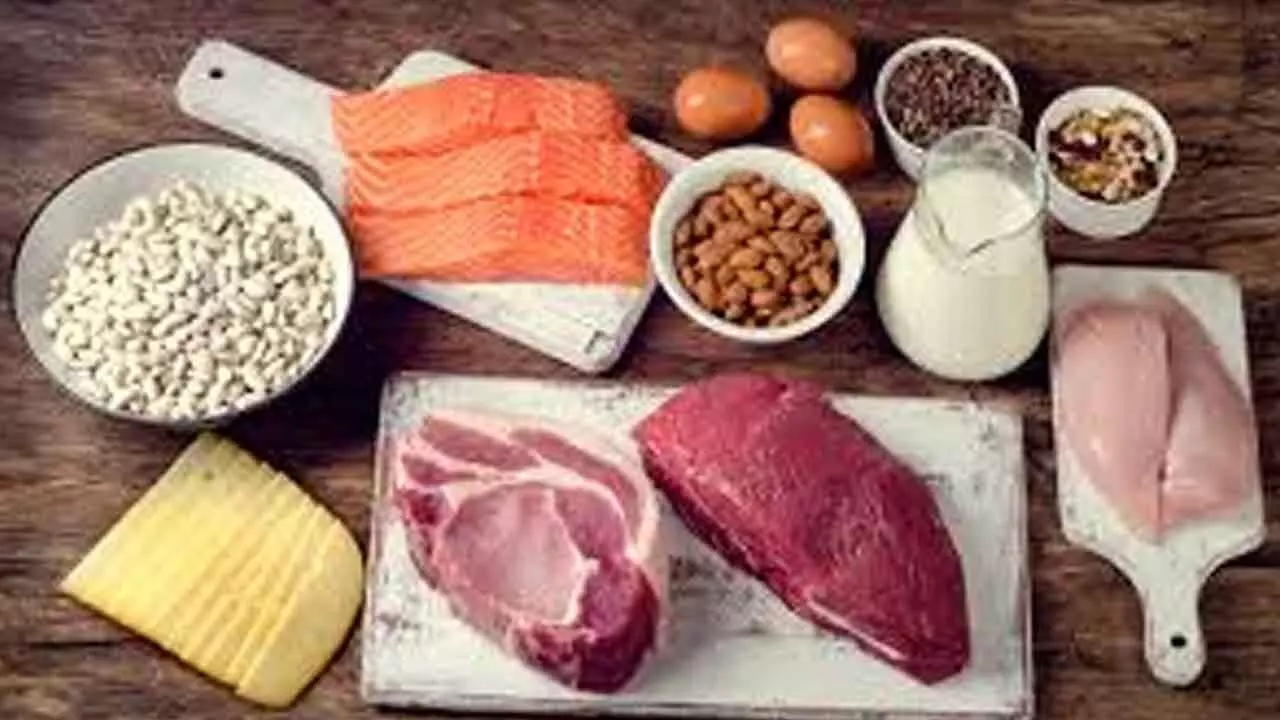Add meat, milk proteins in your diet to ward off gut tumours
Share :

Eating meat and milk proteins act as antigens that prevent tumours from growing in human guts, specifically the small intestines, finds a study on Wednesday.
Experiments conducted by researchers led by the RIKEN Center for Integrative medical sciences (IMS) in Japan revealed how these proteins trigger the intestinal immune system, allowing it to effectively stop the birth of new tumours.
“Small intestinal tumours are much rarer than those in the colon, but the risk is higher in cases of familial adenomatous polyposis, and therefore the clinical use of elemental diets to treat inflammatory bowel disease or other gastrointestinal conditions in these patients should be considered very carefully,” said Hiroshi Ohno at RIKEN IMS. Familial adenomatous polyposis is a hereditary syndrome that predisposes you to develop Colon cancer.
The food antigens -- along with the many others found in plants and beans -- are generally considered foreign objects that need to be checked out by the immune system, according to the team.
They have previously reported that food antigens activate immune cells in the small intestines, and when activated by gut bacteria these cells are known to suppress tumours in the gut.
In the new study, published in the scientific journal Frontiers in Immunology, the researchers explored in mice studies whether food antigens suppress tumours in the small intestines.
In the first experiment mice fed with normal food or antigen-free food showed that normal food led to fewer tumours in the small intestines, but the same amount in the large intestines.
In the next, the team added a common representative antigen called albumin -- found in meat -- to the antigen-free diet. This was done to ensure that the total amount of protein equaled the amount of protein in the normal diet.
When the mice were given this diet, tumours in the small intestine were suppressed just as they had been with normal food. This showed that tumour suppression was directly linked to not to the nutritional value of the food, the researchers said.
The diets also lowered T cells in Mice who had a plain antigen-free diet than those who got the normal food or the antigen-free food with milk protein.
However, the researchers cautioned that this could be risky and emphasised the need to follow such diets only with a doctor’s recommendation.


















